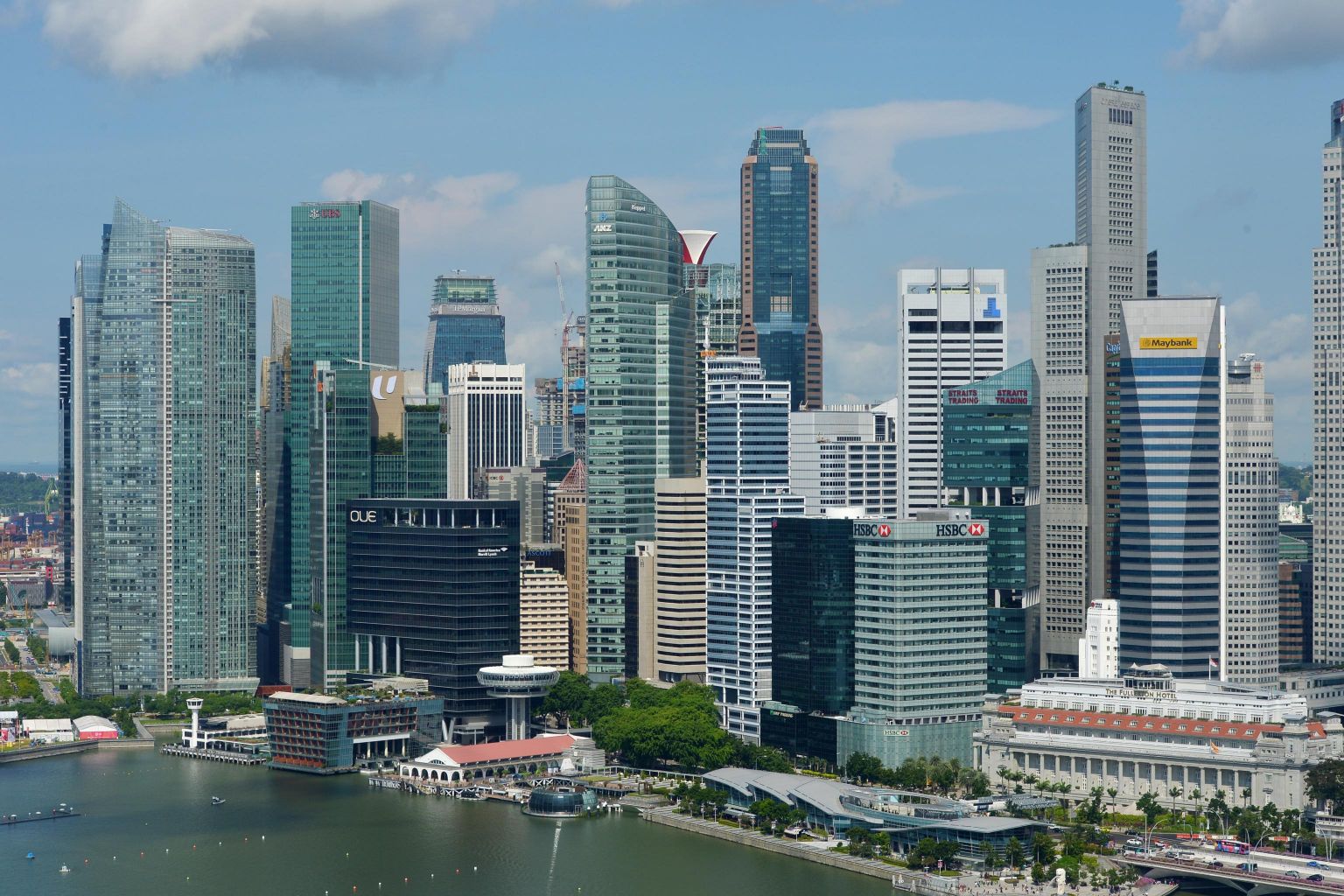Parliament: Gini coefficient here higher than countries which impose greater overall taxes
Sign up now: Get ST's newsletters delivered to your inbox

Finance Minister Heng Swee Keat said Singapore's approach keeps the tax burden light and provides targeted support for the lower-income group.
PHOTO: ST FILE
SINGAPORE - After taxes and transfers, some countries have a lower measure of income inequality than Singapore.
This is because these countries typically impose higher overall taxes on the working population, and in particular on the middle-income group, in order to finance large social transfers, said Finance Minister Heng Swee Keat on Monday (March 19).
Singapore's approach, on the other hand, keeps the tax burden light and provides targeted support for the lower-income group, he said, in a written reply to a parliamentary question by Non-Constituency MP Leon Perera, who asked how Singapore's Gini coefficient after taxes and transfers stacked up against those of other major developed economies.
Mr Heng added that the calculations after taxes and transfers "do not reflect the full range of government policy interventions that are unique to the Singapore context", such as subsidies for the purchase of Housing Board flats.
The Gini coefficient measures income inequality from zero to one, with zero being most equal.
Using a method called the square root scale to adjust for different household sizes, which is used by the Organisation for Economic Cooperation and Development in its major reports on inequality, Singapore's figure was 0.356 last year after taxes and transfers.
In comparison, the latest available figures for countries such as Canada, Denmark and South Korea, for example, were lower at 0.318, 0.256 and 0.295 respectively while those for the United States and United Kingdom were higher at 0.390 and 0.360 respectively.
Before taxes and transfers, Singapore's figure is low compared with many major developed economies, said Mr Heng. The figure was 0.417 last year.
The latest available figures, before taxes and transfers, for the United States (0.506), United Kingdom (0.520), Canada (0.435) and Denmark (0.444) were higher than Singapore's, while South Korea (0.341) remained lower.
It was reported last month that Singapore's Gini coefficient rose slightly to 0.459 last year, up slightly from 0.458 in 2016, which was the lowest level in a decade.
After accounting for government transfers and taxes, the Gini coefficient was 0.401, the same as 2016. These figures are different from the "square root scale" figures as they are adjusted using the "per household member scale". Singapore's figure is typically reported based on household income from work per household member.


